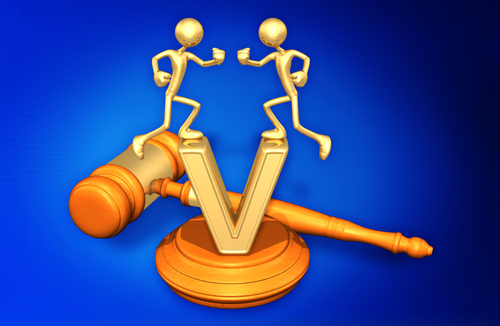Police lack policies for use of facial recognition on suspects, NY Times says
In an era in which fingerprint technology has become a slow and sometimes inaccurate method of identifying suspects, police are moving to facial recognition software.
But they are doing so without clear rules, in a manner in which some targets find intrusive and intimidating, reports the New York Times (reg. req.).
At the forefront of the new technology is the city of San Diego, where individuals say they have been photographed without their permission, without even being arrested.
“I get a call about facial recognition maybe twice a month,” civil rights lawyer Victor Manuel Torres tells the newspaper. “The complaint is always that they did it and didn’t get permission. ‘The police put me in cuffs and I’m on the curb, and they pull out an iPad and are taking pictures.’ ”
Asked about written department policy on such photographs, spokesman Lt. Scott Wahl said there isn’t any, the Times reports. Officers receive no training on the lawful use of facial recognition technology and are not required to document its use.
“It is a test product for the region that we’ve allowed officers to use,” Wahl said of equipment police officers use to take photos and the software that helps match them to known individuals. “We don’t even know how many are out there.”
While there is little if any question that facial recognition is a useful crime-solving tool, those who find themselves in the camera’s eye aren’t necessarily persuaded that it is a necessary one.
Retired firefighter Eric Hanson said he was stopped by police last summer after a dispute with a prowler and told to sit on a curb while photos were taken. Now 58, he has no criminal record.
“I was thinking, ‘Why are you taking pictures of me, doing this to me?’ ” Hanson said. “I felt like my identity was being stolen. I’m a straight-up, no lie, cheat or steal guy, and I get treated like a criminal.”



